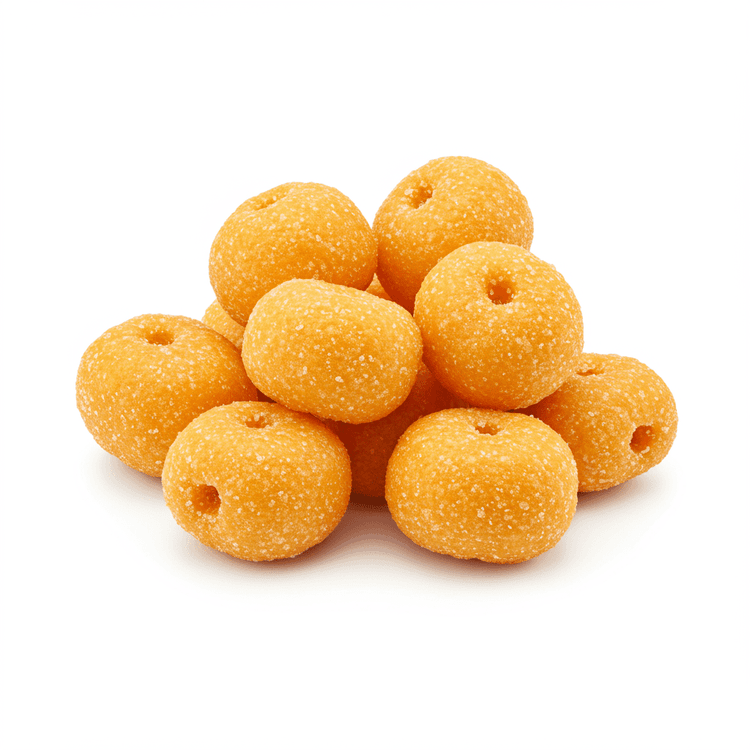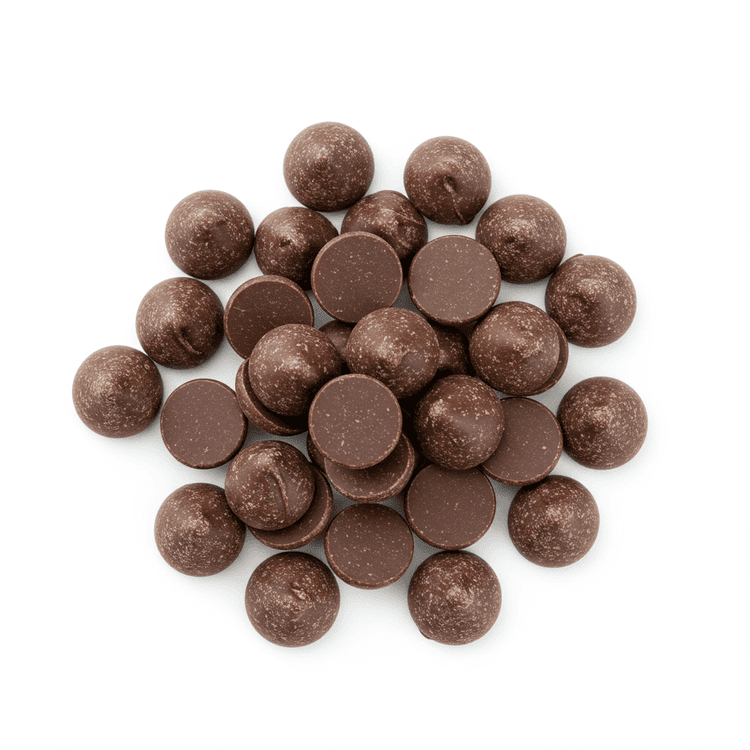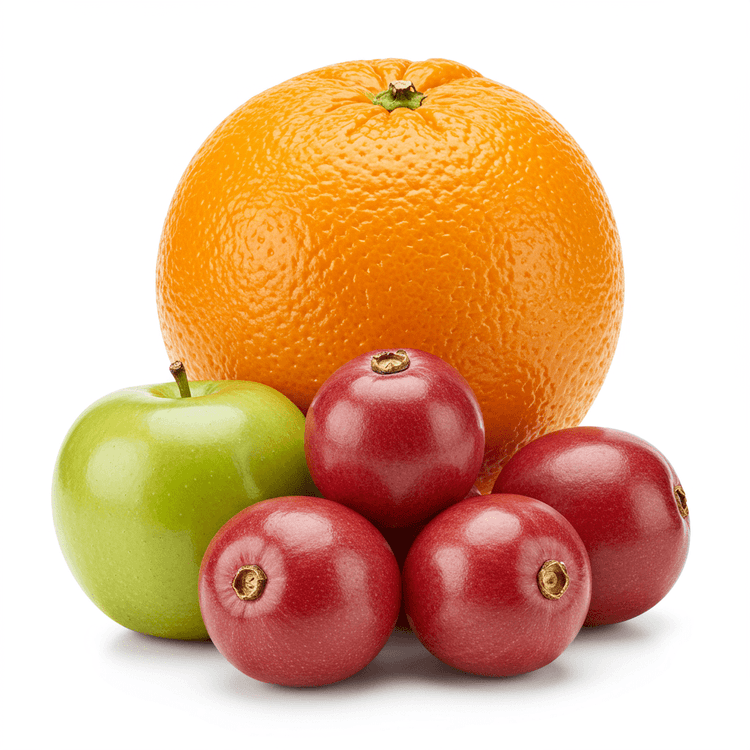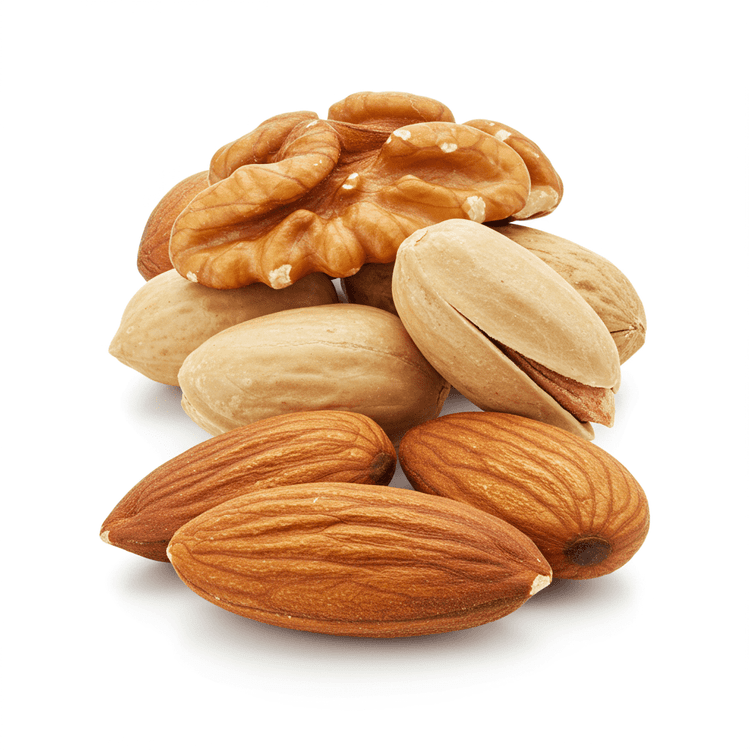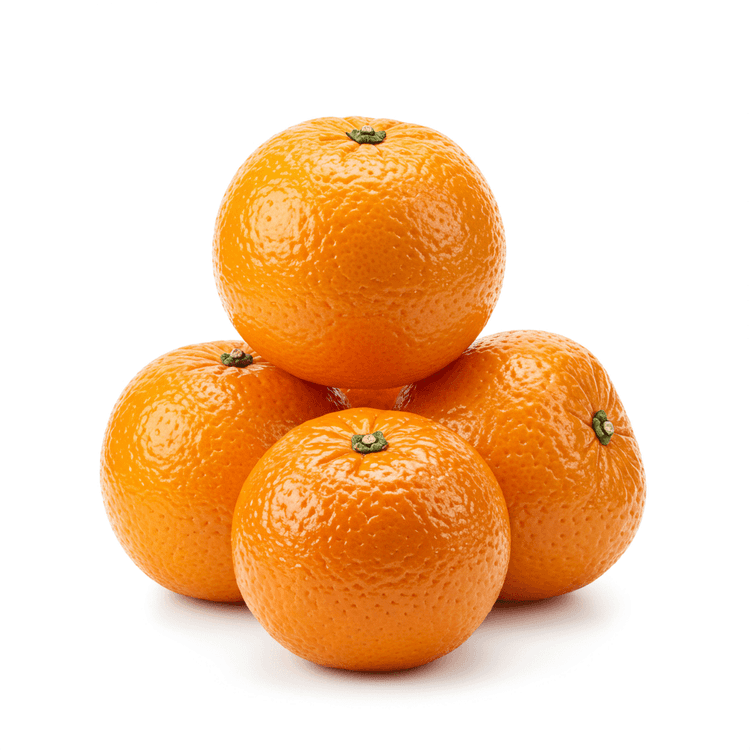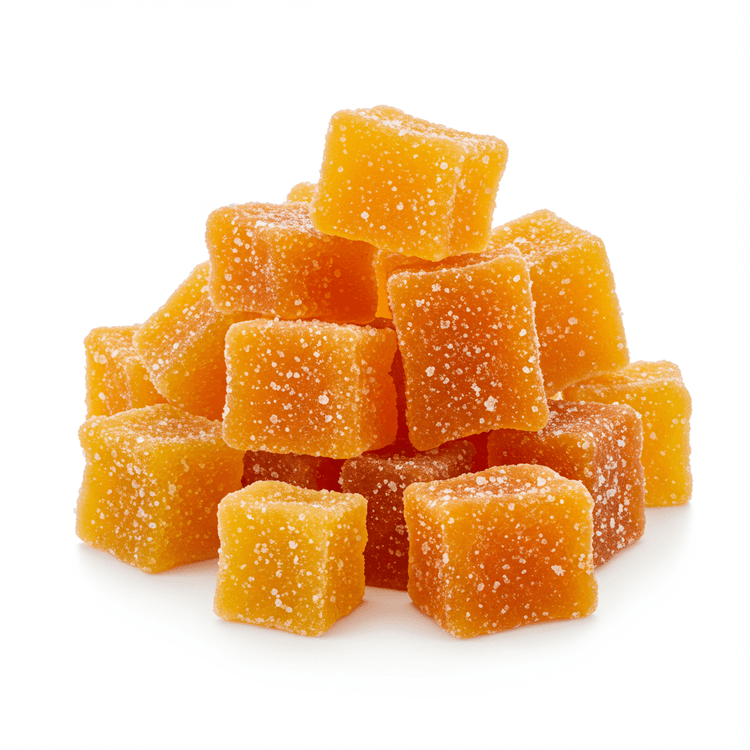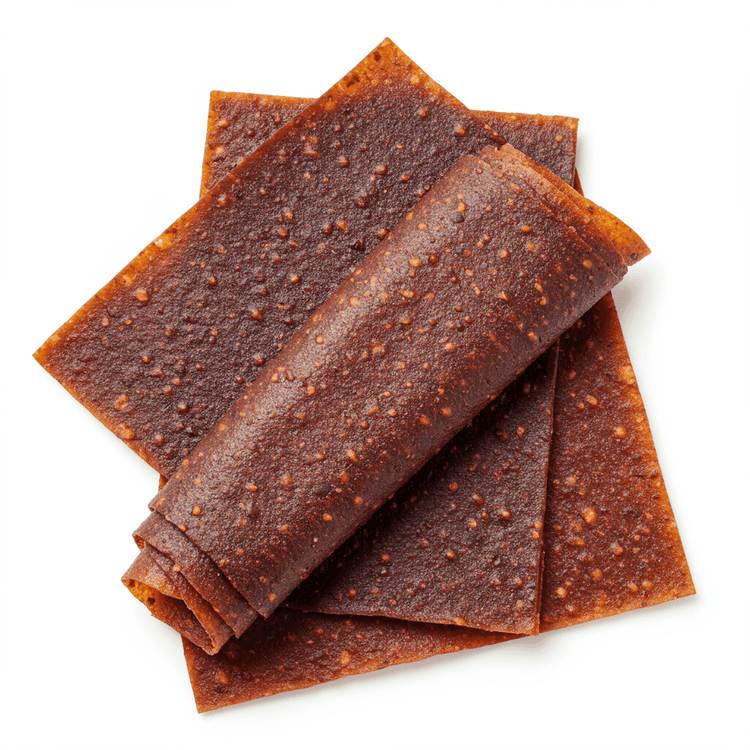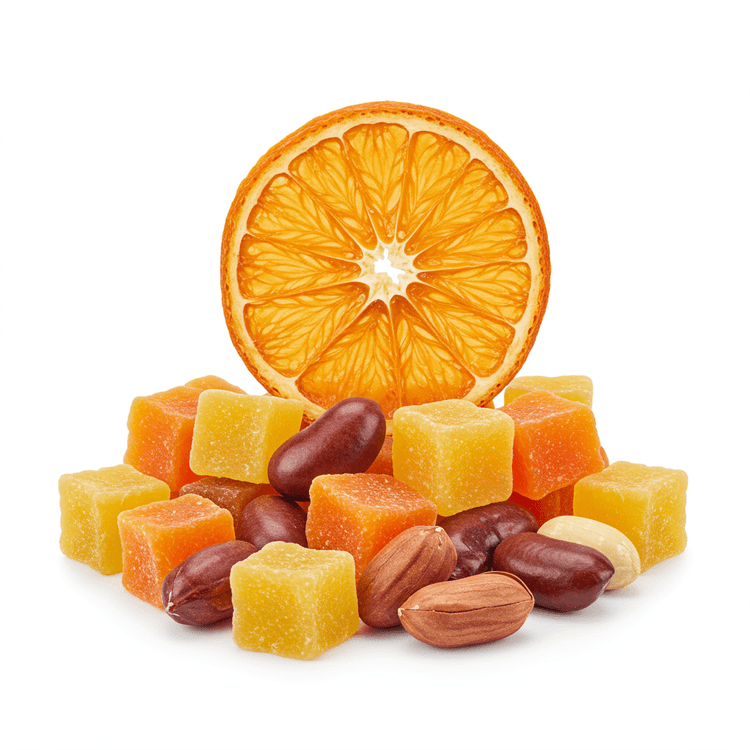
Dried Fruit
Dried fruit is a delicious and versatile ingredient made by removing the water content from fresh fruit, resulting in a concentrated source of natural sugars and nutrients. Available in a wide variety of types, from chewy raisins and apricots to sweet dates and figs, dried fruit offers a unique combination of sweetness and a often chewy texture. Their appearance varies greatly depending on the fruit, but they typically have a shriveled or wrinkled look. Well known for their long shelf life and portability, dried fruits are a popular snack and a valuable addition to both sweet and savory dishes for a rich flavor and texture.
Common Uses
- As a healthy and convenient snack: Dried fruit makes a great snack on its own or combined with nuts and seeds for a boost of energy and nutrients. Many people enjoy dried cranberries, raisins or mango strips as a convenient and portable snack option.
- In baking for added sweetness and texture: Incorporate chopped dried fruit into muffins, breads, cookies, and cakes to add moisture, sweetness, and a chewy texture. Dried apricots and dates are a popular addition to baked goods.
- As a topping for breakfast cereals and yogurt: Sprinkle diced dried fruit over your morning oatmeal, granola, or yogurt for a touch of natural sweetness and added fiber. Raisins and dried cherries are especially good for this purpose.
- In trail mixes for energy and flavor: Combine dried fruit with nuts, seeds, and chocolate chips to create a custom trail mix for hiking, camping, or simply a healthy snack on the go. Raisins, cranberries, and chopped apricots work well in trail mixes.
- In savory dishes for a touch of sweetness and complexity: Add chopped dried fruit to tagines, stews, and salads to balance savory flavors and add a unique texture. Dates and apricots are often used in Moroccan and Middle Eastern cuisine to enhance flavor profiles.
- As an ingredient in homemade energy bars: Puree or finely chop dried fruit and combine it with other ingredients like oats, nuts, and seeds to create homemade energy bars that are perfect for a pre- or post-workout snack.
Nutrition (per serving)
Nutrition (per serving)
Calories
240.0kcal (12%)
Protein
2.0g (4%)
Carbs
65.0g (23.64%)
Sugars
50.0g (100%)
Healthy Fat
0.1g
Unhealthy Fat
0.1g
% Daily Value based on a 2000 calorie diet
Nutrition (per serving)
Calories
240.0kcal (12%)
Protein
2.0g (4%)
Carbs
65.0g (23.64%)
Sugars
50.0g (100%)
Healthy Fat
0.1g
Unhealthy Fat
0.1g
% Daily Value based on a 2000 calorie diet
Health Benefits
- Provides a concentrated source of dietary fiber, aiding digestion and promoting gut health.
- Rich in essential vitamins and minerals like potassium, iron, and antioxidants for overall wellness.
- Offers a natural energy boost due to its high sugar content from fructose and glucose.
- May support bone health with nutrients like calcium and boron.
- Contributes to heart health through its fiber and antioxidant content, helping manage cholesterol levels.
- Can be a healthier alternative to processed sweets when consumed in moderation.
Substitutes
Chefadora AI is here.
Experience smarter, stress-free cooking.
Storage Tips
Dried fruit should be stored in an airtight container in a cool, dark, and dry place to prevent moisture absorption and maintain its quality. Properly stored, it can last for several months at room temperature. For longer storage, particularly in warm climates, refrigerate to prevent spoilage. If the dried fruit becomes too dry, you can rehydrate it by soaking it in warm water for a few minutes before use. Avoid storing near strong-smelling foods, as it can absorb odors.
Marnirni-apinthi Building, Lot Fourteen,
North Terrace, Adelaide, South Australia, 5000
Australia
